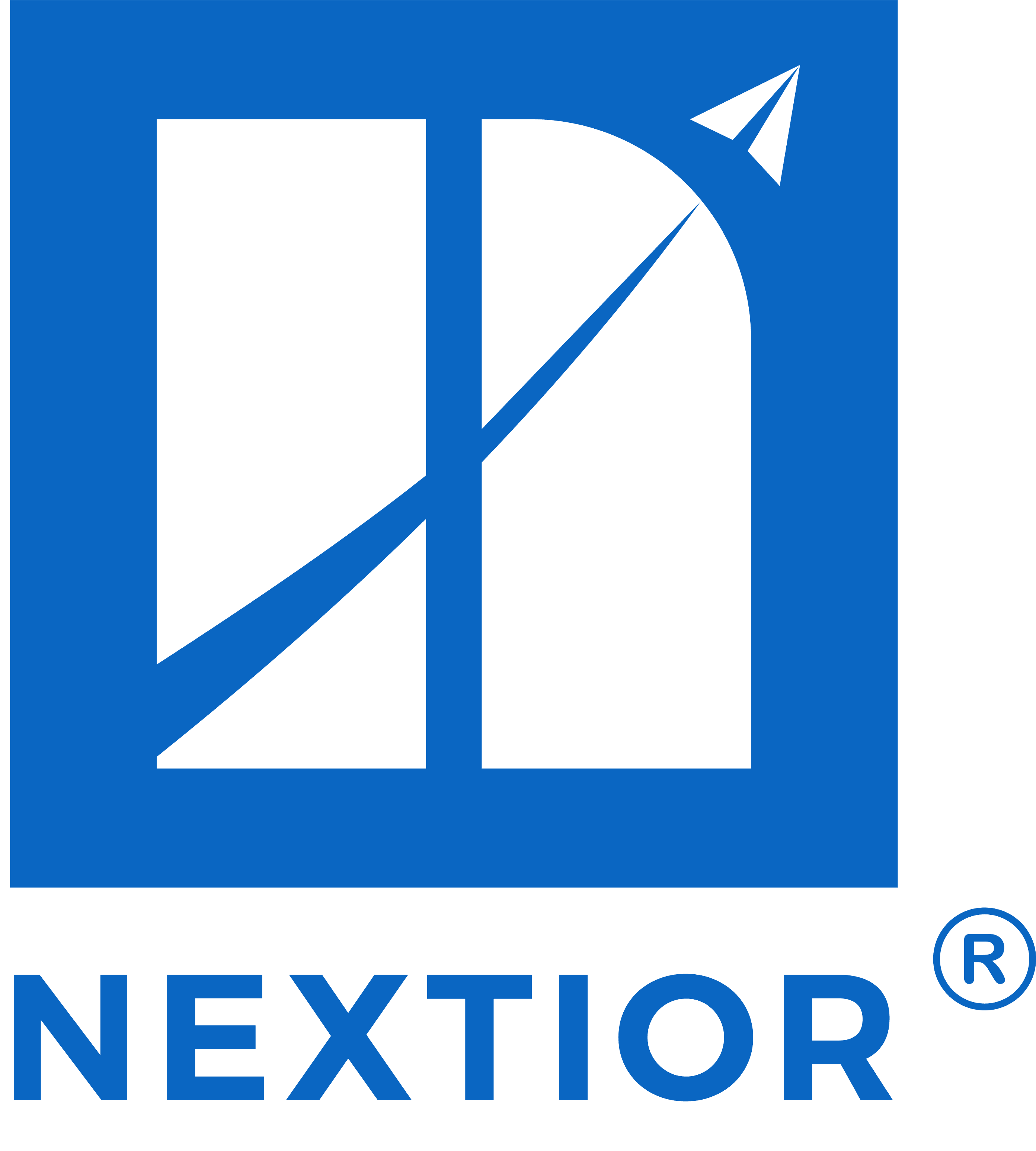
Legal Documents You must have to Start a Small Business

Posted on October 19, 2023
Starting a small business in the United States involves several legal requirements and documents. The specific documents you need can vary depending on your business structure, location, and industry. Here are some common legal documents and considerations for starting a small business:
- Business Plan: While not a legal document, a well-thought-out business plan is essential for outlining your business's goals, operations, and financial projections.
- Business Structure Documentation:Sole Proprietorship: If you're operating as a sole proprietor, you may not need formal documentation. However, you should consider a "Doing Business As" (DBA) registration if you want to use a business name other than your legal name.
Partnership Agreement: For partnerships, a partnership agreement that outlines ownership and responsibilities is highly recommended.
Articles of Incorporation or Organization: If you're forming a corporation or LLC, you'll need to file articles of incorporation or organization with the state. - EIN (Employer Identification Number): You'll need to obtain an EIN from the IRS for tax purposes. This is also called a Federal Tax Identification Number.
- Business Licenses and Permits: Depending on your location and industry, you may need various licenses and permits to operate legally. Check with your local and state government to determine the specific requirements.
- Trademarks and Copyrights: If your business involves intellectual property like trademarks, patents, or copyrights, you may need to register or protect these.
- Business Contracts: Various contracts are essential, such as client agreements, vendor contracts, and employee contracts.
- Operating Agreements or Bylaws: These are essential for corporations and LLCs and outline how the business is managed, decision-making processes, and ownership structure.
- State and Local Registrations: You may need to register your business with your state and local government. This may include state and local tax registrations, sales tax permits, and more.
- Business Insurance: Consider obtaining business insurance, such as general liability, workers' compensation, and professional liability insurance, depending on your industry.
- Health and Safety Regulations: If your business involves food service, healthcare, or other regulated industries, compliance with health and safety regulations is crucial.
- Employee Documents: If you plan to hire employees, you'll need to comply with employment laws, provide employee handbooks, and collect required tax forms.
- Financial Records: Keep accurate financial records for tax purposes, including income statements, balance sheets, and tax filings.
- Contracts and Agreements: Depending on your industry, you may need specific contracts or agreements, such as lease agreements for office space or contracts with suppliers.
It's important to consult with legal and financial professionals or business advisors to ensure that you comply with all the necessary legal requirements for your specific business. The exact documents and permits you need will vary based on your location, business structure, and industry, so research and local regulations are essential.
Reach Out for Financial Guidance
Connect with Nextior Group Inc. today to access expert financial advice and solutions. We're here to help you achieve your financial goals.
SMS Consent Message:
By submitting, you agree to receive text messages at the provided number from NEXTIOR GROUP. Message frequency varies, and standard message and data rates may apply. You have the right to OPT-OUT receiving messages at any time. To OPT-OUT, reply "STOP" to any text message you receive from us. Reply HELP for assistance.
Get in Touch
Phone number
(945) 333-9999